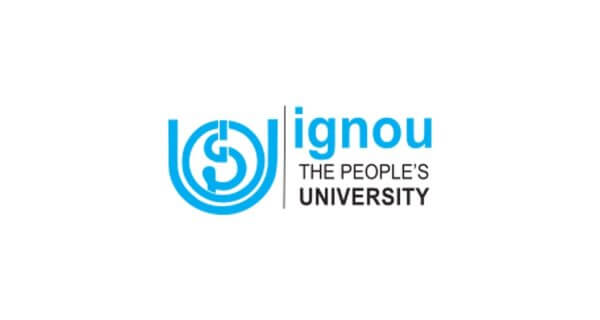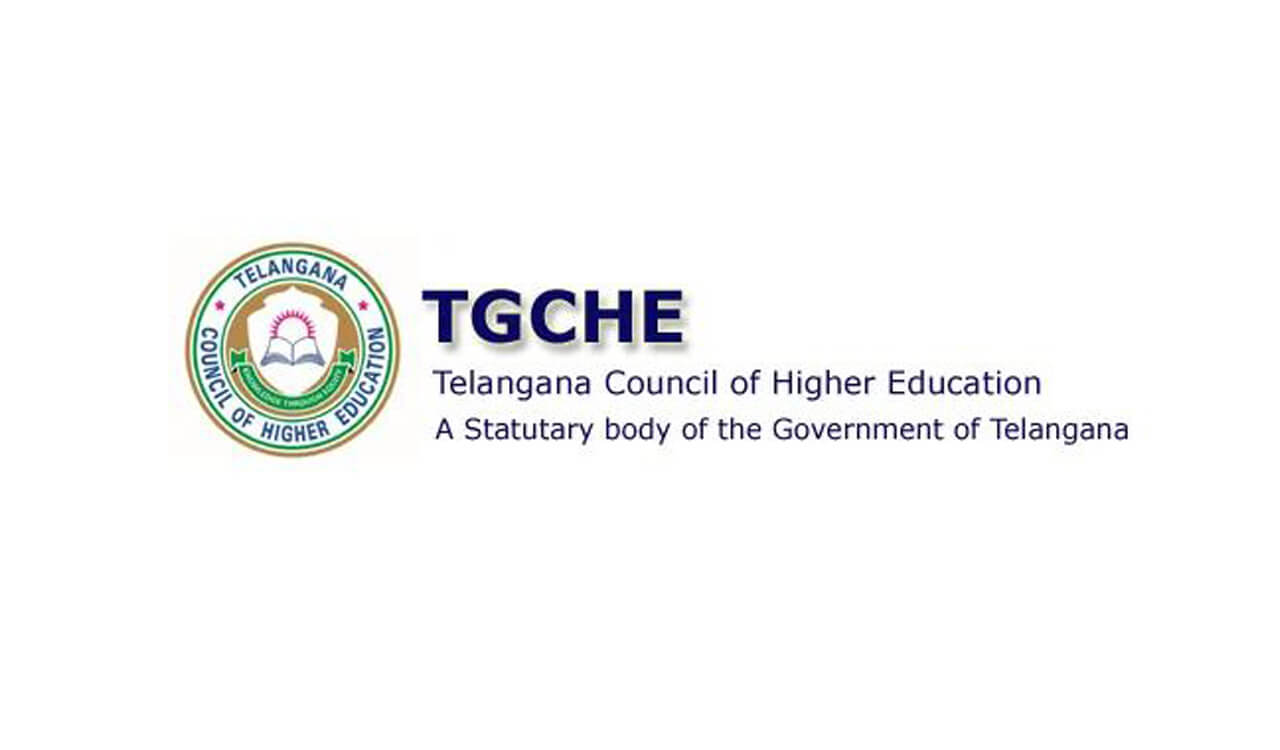PM internship scheme rolls out 1.53 lakh offers but only 6% students join
Thu 21 Aug 2025, 01:26:32

The Prime Minister Internship Scheme (PMIS), launched as a pilot in October 2024, has faced a lukewarm response from students despite a large number of offers rolled out by partner companies. According to official data shared in Parliament, while over 1.53 lakh internship offers were extended under the scheme, only about 6% of candidates actually joined the organisations.
In his written reply, Union Finance Minister confirmed that the acceptance rate stood at just 33%, with the eventual joining rate even lower. Minister of State for Corporate Affairs, Harsh Malhotra, elaborated that factors such as the location of the postings, the length of internships, and students choosing to continue higher studies were among the main reasons for declining offers.
The Ministry of Corporate Affairs conducted feedback surveys, outbound calls, and consultations with stakeholders, including industry bodies, candidates, and state governments, to understand the underlying issues. Based on these findings, officials stressed that the nationwide expansion of the scheme will depend on learnings from the pilot project and feedback from all parties
involved.
involved.
The internship programme was announced in the Union Budget 2024–25, with the goal of creating 1 crore internship opportunities for youth in the country’s top 500 companies over five years.
In the first round of the pilot (October 2024), 280 companies posted over 1.27 lakh internship positions. These attracted 6.21 lakh applications from 1.81 lakh students. Out of the 82,000 offers made, around 28,000 candidates were accepted, but only 8,700 eventually joined.
In the second round (starting January 2025), 327 companies listed 1.18 lakh opportunities, drawing 4.55 lakh applications from more than 2.14 lakh applicants. So far, over 82,000 offers have been made, with around 24,000 acceptances.
Overall, more than 3.38 lakh students registered in round one and 3.46 lakh in round two. However, the conversion of applications into actual internships remains modest.
The government has indicated that the scheme’s future course will rely on careful evaluation of these pilot rounds, with refinements expected to address the challenges of low participation.
No Comments For This Post, Be first to write a Comment.
Most viewed from Edu and Jobs
AIMIM News
Latest Urdu News
Most Viewed
May 26, 2020
Should there be an India-Pakistan cricket match or not?
Latest Videos View All
Like Us
Home
About Us
Advertise With Us
All Polls
Epaper Archives
Privacy Policy
Contact Us
Download Etemaad App
© 2026 Etemaad Daily News, All Rights Reserved.












.jpg)












.jpg)
.jpg)
.jpg)


